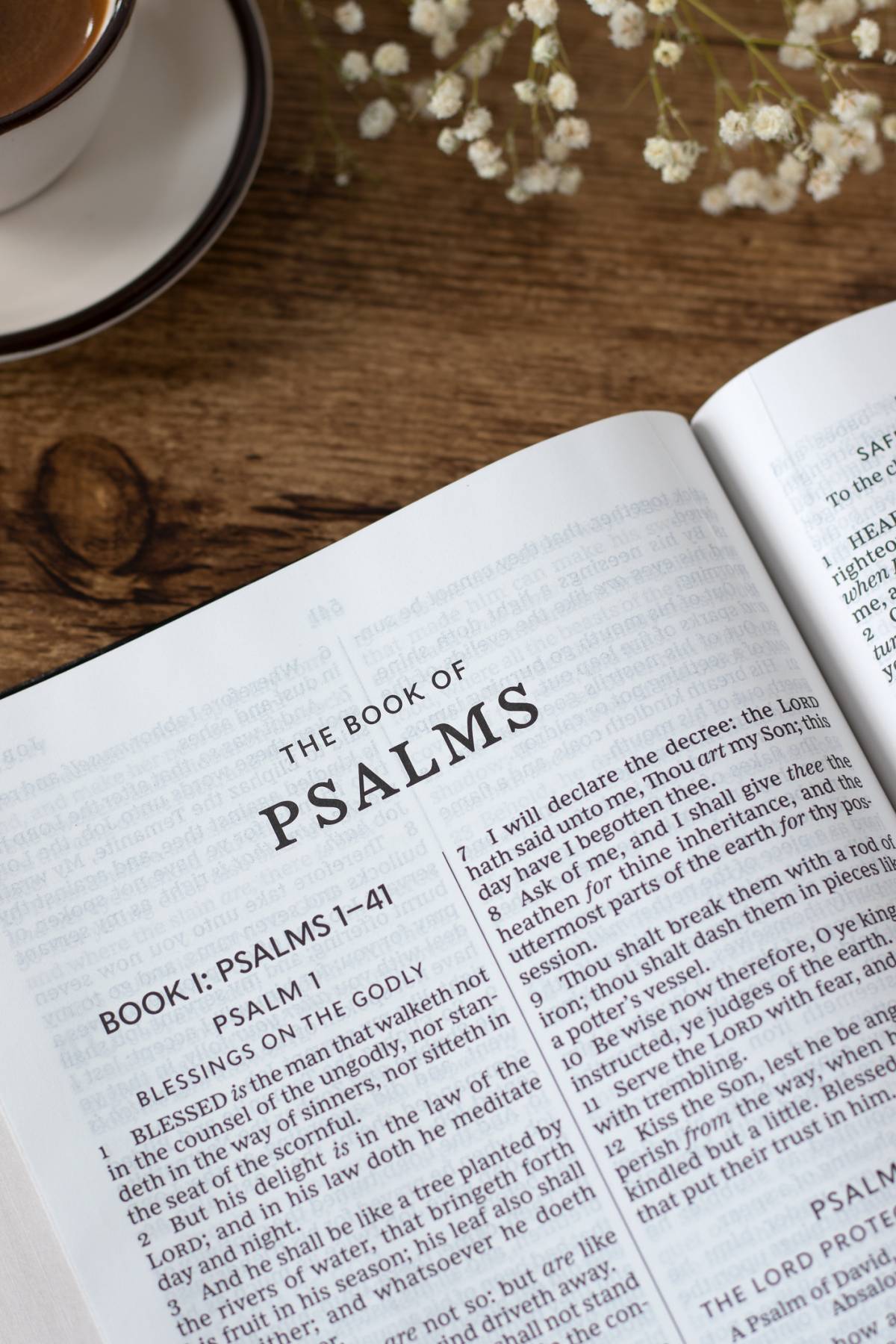Psalm 6 is a painful, yet faithful recognition of God’s love and mercy. It is the first of what is known as the seven penitential Psalms in the Book of Psalms. It is a very personal prayer, full of great pain that arises from the psalmist’s recognition that the misery he is experiencing is the result of his sins. It is a humble prayer, mourning the weight of his guilt, but it is also an expression of a deep faith in God’s forgiving love and mercy, that it can be appealed to and depended upon when we are in need. Have we not all experienced something like the psalmist’s intimate and personal anguish at one time or another?

The foe that is spoken about here is not just those who are against us from outside. The fact of the matter is that our most troublesome and troubling foes are often those within, our sinful responses to the temptations that can so cunningly distort our thoughts and decisions, that shape the selfish habits we have developed in our lives. It is these personal weaknesses that damage our happiness more than our outside foes. Listen as the psalmist opens his suffering heart to the Lord in the opening lines. In his humanity, he knows that he deserves God’s righteous anger, but in his faith in God’s mercy, he speaks to God from the depth of his fear, that is, the fear of losing God’s love. He has come to the humble recognition that he is weak. He knows that he cannot fight against his weaknesses without God’s help. In his suffering and recognition, we see our own, and we pray with him:

“Lord, do not reprove me in your anger:/ punish me not, in your rage./ Have mercy on me, Lord, I have no strength;/ Lord, heal me, my body is racked;/ my soul is racked with pain. But you, O Lord…how long” (vs. 2-4)? When we are in the midst of our suffering, does it not often feel that we are alone? We are ashamed and do not want our shame to be known by others, so we bear our guilt in silence. Without being able to express it, to get it out, it becomes a painful burden in our minds. And is it not common in our experience that when we are feeling this burden, we turn, almost in desperation, to God for help. “Return, Lord, rescue my soul./ Save me in your merciful love;/ for in death no one remembers you; from the grace who can give you praise” (vs. 5-6).
When we are burdened with the unresolved guilt of our sins, with the weight of the shame and the sorrow we carry inside for ourselves and for those whom we have caused injury of any kind, it is exhausting. The psalmist expresses it this way, “I am exhausted with my groaning;/ every night I drench my pillow with tears;/ I bedew my bed with weeping./ My eye wastes away with grief;/ I have grown old surrounded by my foes” (vs. 7-8). His grief is not so much about the very real foes that attack us from outside, but rather, he is recognizing the foes of his habits of sin, selfishness, pride, greed, etc., within himself.

When we come to understand that our guilt is our own, we can, like the psalmist here in Psalm 6, turn to God, trusting in his faithful love and mercy. In our yearning for release from these inner “foes”, we can trust in God’s forgiveness, and we can come to experience inner peace again. Trusting in God’s mercy, the Spirit inspires the psalmist to write, “Leave me, all you who do evil;/ for the Lord has heard my weeping./ The Lord has heard my plea;/ The Lord will accept my prayer./ All my foes will retire in confusion,/ foiled and suddenly confounded” (vs. 8-11).

Let us, too, like the psalmist, trust in the infinite, faithful, compassionate love and mercy of God. Let us turn to him in our times of weakness, always asking him to forgive our pride, our stubbornness of heart, our anger against one another, our mercilessness, our many forms of greed, and the harm we have done to others. Let us ask for his grace to build the habits that make for a virtuous life, a life that is more and more free from the vices of the flesh, the mind, and the heart. We can trust in God’s infinite and faithful love and mercy toward us every time we do. Thanks be to God!
SKM: below-content placeholderWhizzco for FHB

